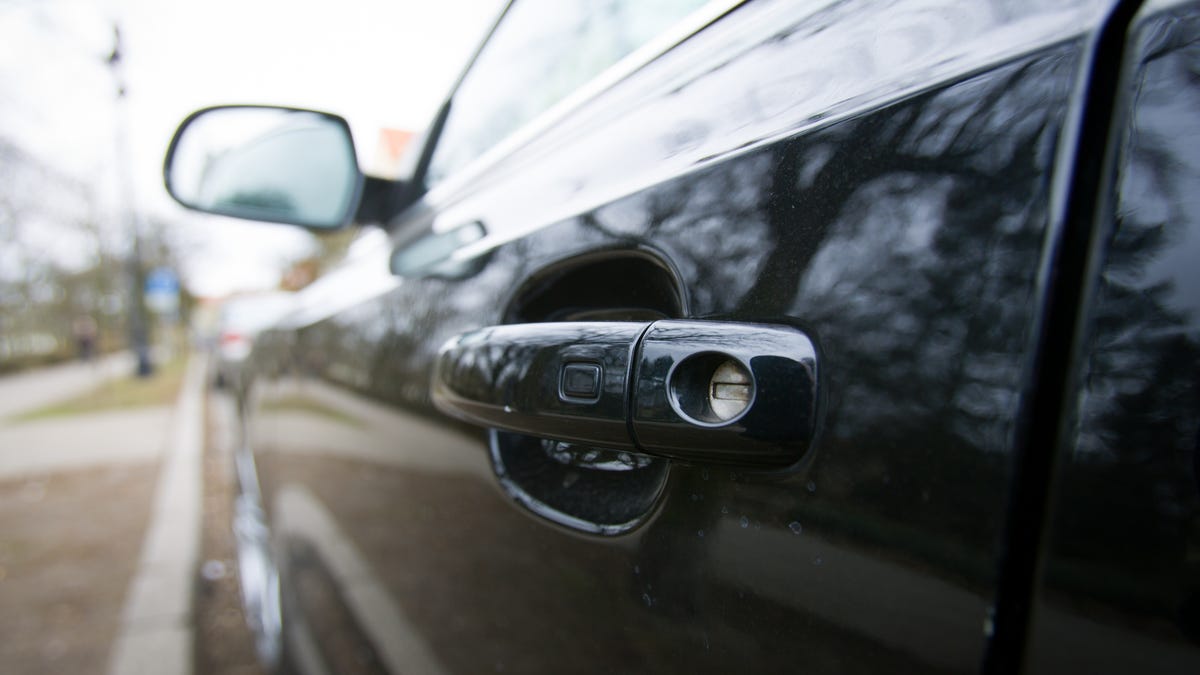Security pros rev up tools to lock down cars
Karamba is one of several companies trying to keep bad guys out of your car's software. If the security firms get it right, you won't have to worry about your car getting hacked.

Researchers have found hacks that can do anything from opening car door locks to disabling a vehicle on the highway.
A hack that crashes your software is bad enough. A hack that crashes your car takes it to a whole new level.
David Barzilai and Karamba, his Israel-based cybersecurity company, want to prevent that scenario from playing out at any speed. So he's selling a tool that installs antihacking technology into chip-bearing auto parts before they hit the assembly line.
"If indeed we are successful -- if all hacks are blocked -- then [you] don't have to worry," said Barzilai, who is executive chairman and a co-founder of Karamba.
Karamba's prospects just got some gas.
On Thursday, YL Ventures announced it is investing $2.5 million to help the company expand. Compared with the eight- and nine-figure funding that some Silicon Valley security companies pick up, that's not a huge amount. But it's enough to move CEO Ami Dotan to Detroit, where he'll start making sales calls.
Car hacking is a simple, if scary, problem. Over time, cars have become stuffed with microprocessors that control the brakes, airbags, climate and radio. Now cars are connected to the outside world via the Internet, making all those chips vulnerable.
Over the past couple of years, car companies have faced the fact that connecting cars to the Internet can let bad guys in. That's not due to any real-life attacks on hapless passengers, but because security researchers have punched hole after hole into connected cars, highlighting the weaknesses.
While a modern car has hundreds of little computers inside, Barzilai's team at Karamba focuses on the two to four computer sensors that are directly connected to the outside world. Those include the "infotainment" system, which gives you control of items like the air conditioner and the sound system, as well as systems that monitor tire pressure or that keep a car immobilized until someone with a key fob comes around.
Karamba's technology is designed to monitor every bit of code that tries to run on these points of entry and to make sure it comes from legitimate sources.
It's not the only form of protection for connected cars. Other companies are developing systems to monitor the whole network of microprocessors in an automobile and look for unusual commands that might endanger the vehicle...and you.
Systems that monitor the entire network are like an eagle-eyed bartender who spots a drunken rowdy inside the bar before he can throw a punch. Karamba is more like the bouncer outside, Barzilai said, because it checks IDs and keeps undesirables out.
"We are the gatekeepers," he said.

